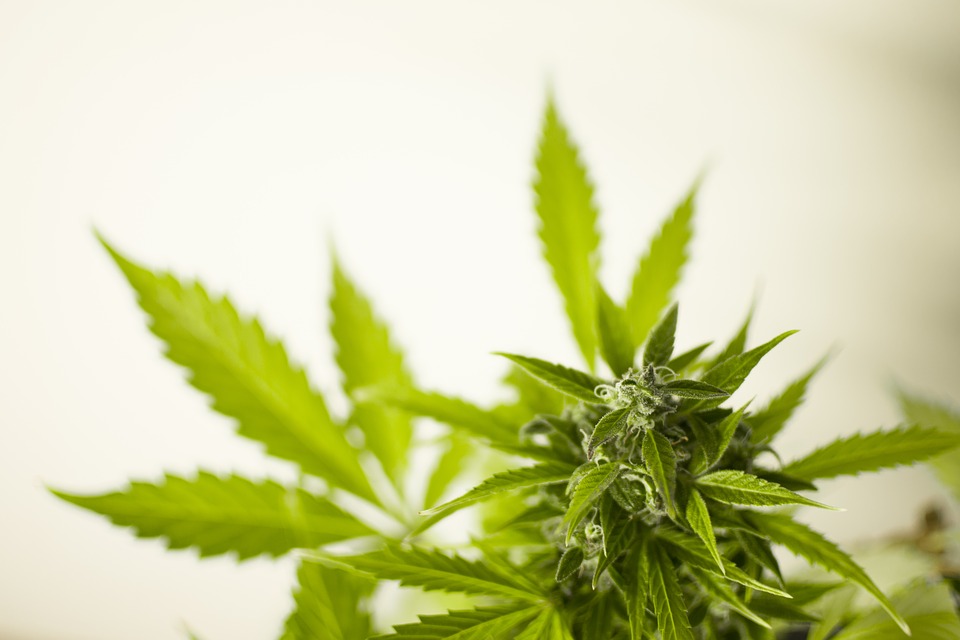A joint study conducted by Ernst & Young and ASSOCHAM in 2018 states that India houses the highest number of organic producers globally. India is also the second largest exporter of organic products in Asia after China.Since organic food products have become popular it is important to ensure they are safe to consume and free of contaminants. Food testing laboratories provide food testing services to the organic food industry for testing organic products for pesticides, contaminant heavy metals and antibiotic residues. The FSSAI has established the maximum levels and food testing labs offer testing services that screen organic foods for regulatory compliance.
Why organic food testing
Organic foods are in demand because consumers believe that they are free toxins, pesticides, synthetic fertilizers, antibiotics or growth hormones. Also there is a lack of awareness among farmers as well as distributors about quality and safety guidelines for organic foods so it is important for them to partner with recognised food testing labs so organic foods can indeed be certified as organic foods. A certification is a guarantee that the organic foods have been produced and processed without the use of pesticides and chemical fertilizers and they do not contain any contaminants. Food testing laboratories provide food testing services to ensure that organic food production and processed products are free of chemical and microbial contaminants.
Other requirements for organic food testing
Before certifying the foods the Certifying Authorities like NPOP and PGS-India will also need analysis report from organic food testing labs, which state that the foods contain no residues of pesticides, heavy metals, antibiotics, etc. Certified organic foods must be tested for authenticity before they can receive organic certification.Besides this the services of organic food testing laboratories are often used to determine organic foods for the nutrition content and the accrued health benefits they might claim. Food testing assures consumers that the products are authentically organic.

Approved food testing labs
Organic food contaminants can be present in foods at trace levels as they are generally find their way into these foods through
- contact with air, water or soil
- enter foods during the manufacturing process
- generated during manufacturing as process contaminants
Therefore organic food producers need to ensure that their products are safe from toxins and in compliance with all regulatory requirements through organic food testing in recognised food testing laboratories. These testing labs have the capability to examine and determine
- organic contaminants
- process contaminants
- migration residues
Regulatory organic food testing
Food Safety Standards Authority of India (FSSAI) has recently notified the Organic Food Regulations laying down the requirement for compliance of organic foods. Approved food testing laboratories use innovative testing methods and expertise which ensures that organic foods are within regulatory guidelines, quality and safety requirements. These testing labs can determine the presence or absence of a large number of organic contaminants in a great variety of foods and feed, like herbs and spices, herbal teas, nuts and fruits, cereals and grains, honey, etc.















